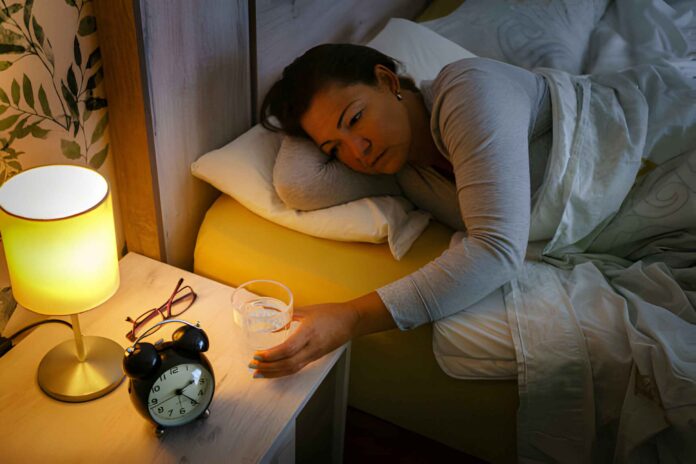Sleep is a fundamental aspect of human life, essential for physical health, mental well-being, and overall productivity. However, for many individuals, achieving a restful night’s sleep can be elusive due to various sleep disorders. In this article, we’ll explore the importance of sleep, common sleep disorders, and the available treatments to help you unlock the secrets to a good night’s rest.
The Importance of Sleep:
Sleep is not merely a period of inactivity; it is a complex physiological process that plays a crucial role in maintaining overall health. During sleep, the body undergoes essential functions such as tissue repair, immune system strengthening, and memory consolidation. Moreover, quality sleep is closely linked to cognitive functions, emotional well-being, and physical performance.
Common Sleep Disorders:
Insomnia:
Insomnia is a prevalent sleep disorder characterized by difficulty falling asleep, staying asleep, or experiencing non-refreshing sleep. Stress, anxiety, and lifestyle factors often contribute to insomnia. Treatment may involve cognitive-behavioral therapy (CBT), sleep hygiene improvements, and in some cases, medication.
Sleep Apnea:
Sleep apnea is a disorder where breathing repeatedly stops and starts during sleep. It can lead to fragmented sleep and low oxygen levels in the body. Continuous Positive Airway Pressure (CPAP) therapy, lifestyle changes, and weight management are common treatments for sleep apnea.
Narcolepsy:
Narcolepsy is a neurological disorder that affects the brain’s ability to regulate sleep-wake cycles. Individuals with narcolepsy may experience sudden bouts of uncontrollable sleepiness during the day. Medications, lifestyle adjustments, and scheduled naps are often part of the treatment plan.
Restless Legs Syndrome (RLS):
RLS is characterized by uncomfortable sensations in the legs, often accompanied by an irresistible urge to move them. This can significantly disrupt sleep. Lifestyle changes, medications, and addressing underlying conditions contribute to effective RLS management.
Circadian Rhythm Disorders:
Circadian rhythm disorders involve disruptions in the body’s natural sleep-wake cycle. Shift work disorder and jet lag are common examples. Light therapy, strategic scheduling of sleep and wake times, and melatonin supplements may help regulate circadian rhythms.
Sleep Treatment Options:
Cognitive-Behavioral Therapy (CBT):
CBT for insomnia is a structured program that helps individuals identify and replace thoughts and behaviors that cause or worsen sleep problems with habits that promote sound sleep. It is a widely used and effective non-pharmacological treatment.
Medications:
Depending on the sleep disorder, healthcare providers may prescribe medications to alleviate symptoms. Common medications include sedatives, hypnotics, and medications to address specific sleep-related issues. However, the use of medication is often considered a short-term solution.
Lifestyle Modifications:
Adopting healthy sleep hygiene practices can significantly improve sleep quality. This includes maintaining a consistent sleep schedule, creating a comfortable sleep environment, limiting stimulants like caffeine and nicotine, and incorporating regular physical activity into your routine.
Continuous Positive Airway Pressure (CPAP) Therapy:
CPAP is a common treatment for sleep apnea. It involves using a machine that delivers a continuous flow of air through a mask, preventing the airway from collapsing during sleep.
Light Therapy:
Light therapy is often used to address circadian rhythm disorders. Exposure to bright light, especially in the morning, can help regulate the body’s internal clock and improve sleep-wake cycles.
Conclusion Sleep Disorders:
Understanding the importance of sleep and recognizing the signs of sleep disorders is crucial for maintaining overall well-being. While treatment options vary, a holistic approach that combines behavioral changes, lifestyle modifications, and, in some cases, medical interventions can contribute to improved sleep quality.
If you are experiencing persistent sleep issues, it is advisable to consult with a healthcare professional who can provide personalized guidance based on your specific needs and circumstances.
By prioritizing sleep and seeking appropriate treatment, you can unlock the potential for a healthier, more productive, and fulfilling life.

